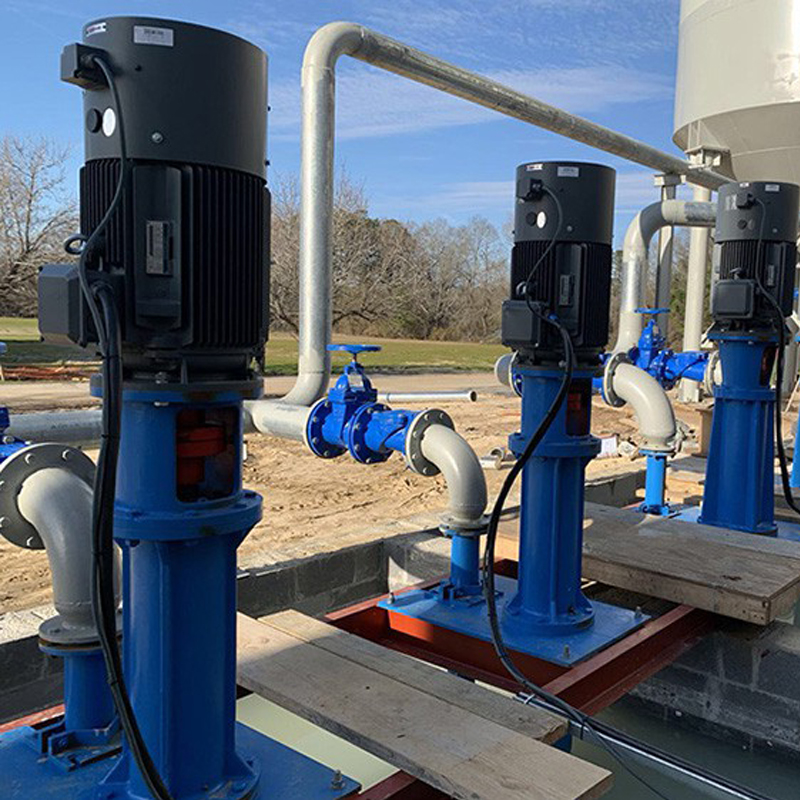English
- Afrikaans
- Albanian
- Amharic
- Arabic
- Armenian
- Azerbaijani
- Basque
- Belarusian
- Bengali
- Bosnian
- Bulgarian
- Catalan
- Cebuano
- Corsican
- Croatian
- Czech
- Danish
- Dutch
- English
- Esperanto
- Estonian
- Finnish
- French
- Frisian
- Galician
- Georgian
- German
- Greek
- Gujarati
- Haitian Creole
- hausa
- hawaiian
- Hebrew
- Hindi
- Miao
- Hungarian
- Icelandic
- igbo
- Indonesian
- irish
- Italian
- Japanese
- Javanese
- Kannada
- kazakh
- Khmer
- Rwandese
- Korean
- Kurdish
- Kyrgyz
- Lao
- Latin
- Latvian
- Lithuanian
- Luxembourgish
- Macedonian
- Malgashi
- Malay
- Malayalam
- Maltese
- Maori
- Marathi
- Mongolian
- Myanmar
- Nepali
- Norwegian
- Norwegian
- Occitan
- Pashto
- Persian
- Polish
- Portuguese
- Punjabi
- Romanian
- Russian
- Samoan
- Scottish Gaelic
- Serbian
- Sesotho
- Shona
- Sindhi
- Sinhala
- Slovak
- Slovenian
- Somali
- Spanish
- Sundanese
- Swahili
- Swedish
- Tagalog
- Tajik
- Tamil
- Tatar
- Telugu
- Thai
- Turkish
- Turkmen
- Ukrainian
- Urdu
- Uighur
- Uzbek
- Vietnamese
- Welsh
- Bantu
- Yiddish
- Yoruba
- Zulu
Telephone: +86 13120555503
Email: frank@cypump.com
Aug . 14, 2024 23:31 Back to list
Effective Solutions for Managing Wastewater with Toilet Sewage Pumps in Residential Settings
The Importance of Toilet Sewage Pumps in Modern Waste Management
In today's urbanized world, effective waste management is more critical than ever. One vital component of this system is the toilet sewage pump, an essential piece of equipment used to transport sewage from residential and commercial buildings to municipal sewer systems or septic tanks. Understanding how these pumps work and their importance can help us appreciate their role in maintaining public health and environmental safety.
Toilet sewage pumps, often referred to as solids handling pumps, are designed to move wastewater containing solids — including human waste, toilet paper, and other debris — from lower elevation areas to higher elevations where gravity can assist in transporting the waste to treatment facilities. This is particularly important in situations where plumbing infrastructure is unable to rely solely on gravity due to the building's location, such as in basements or low-lying areas.
One of the most common types of sewage pumps is the submersible sewage pump, which operates underwater within a sewage basin. These pumps are equipped with a robust motor and can handle solids up to a certain size, typically around 2 inches in diameter, depending on the pump's design. When the wastewater level rises to a predetermined point, a float switch activates the pump, which then discharges the sewage through a discharge pipe into the sewer system.
The functionality of toilet sewage pumps is particularly critical in areas prone to heavy rainfall or flooding
. In such instances, the risk of sewer backups can increase significantly, leading to potential health hazards and property damage. By utilizing sewage pumps, homeowners and businesses can mitigate these risks, ensuring that wastewater is efficiently removed from the premises, even during adverse weather conditions.toilet sewage pump

Furthermore, toilet sewage pumps play a vital role in septic systems, where they are often used to transport effluent from a septic tank to a drain field. This process is essential for the proper filtration and absorption of wastewater back into the soil, reducing environmental contamination and promoting safe water management practices. It’s important to select the right sewage pump for specific applications, considering factors such as flow rate, head height, and the type of solids it needs to handle. Choosing an appropriate pump can prevent clogs, malfunctions, and costly repairs.
In addition to their functional benefits, advancements in technology have improved the efficiency and longevity of sewage pumps. Many modern pumps come equipped with features like energy-efficient motors and smart controls for monitoring performance and providing alerts for maintenance needs. These innovations not only extend the lifespan of the equipment but also reduce energy consumption, which is an important consideration as we all strive to decrease our environmental impact.
Maintenance of toilet sewage pumps is equally essential. Regular inspections and preventive maintenance can prevent unexpected failures that might result in sewage backups or overflows. This includes checking for wear and tear, ensuring the float switch is functioning correctly, and cleaning any debris that might clog the pump.
In conclusion, toilet sewage pumps are indispensable in modern waste management systems. Their ability to effectively transport sewage ensures public health, protects the environment, and maintains the functionality of plumbing systems in a variety of settings. As urban development continues to expand and the challenges presented by climate change escalate, the role of sewage pumps becomes even more crucial. By prioritizing the proper selection and maintenance of these systems, we can help secure a cleaner and safer world for future generations.
-
ISG Series Vertical Pipeline Pump - Chi Yuan Pumps Co., LTD.|High Efficiency, Energy Conservation, Low Noise
NewsJul.29,2025
-
ISG Series Vertical Pipeline Pump-Chi Yuan Pumps Co., LTD.|High Efficiency&Energy-Saving
NewsJul.29,2025
-
ISG Series Vertical Pipeline Pump - Chi Yuan Pumps Co., LTD. | High Efficiency, Energy-Saving
NewsJul.29,2025
-
ISG Series Pipeline Pump - Chi Yuan Pumps | High Efficiency, Low Noise
NewsJul.29,2025
-
High-Efficiency Vertical Slurry Pumps for Mining & Industry Solutions
NewsJul.29,2025
-
High-Efficiency Pipeline Pump Solutions for Every Pipeline Pump Station
NewsJul.29,2025










